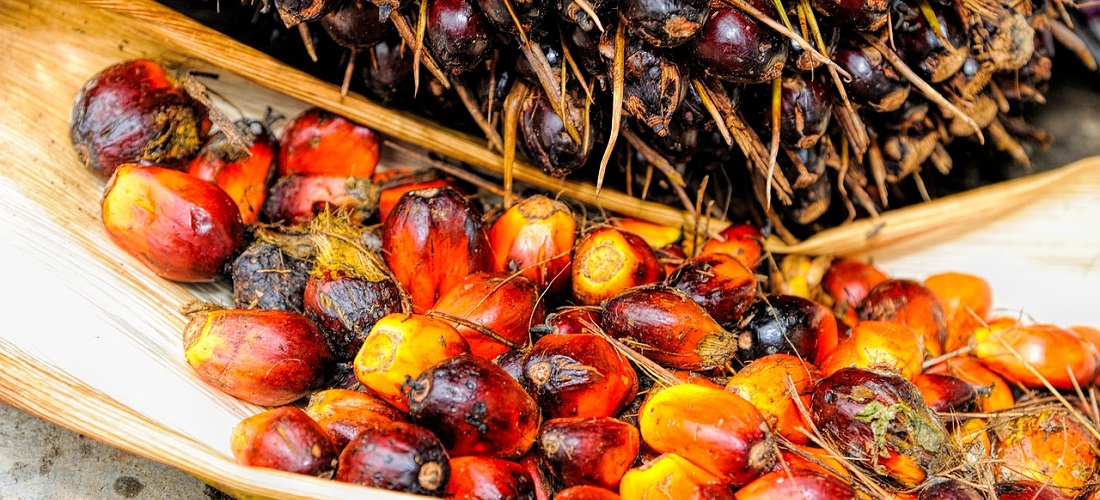
Palm oil export ban by Indonesia leaves buyers with no plan B
Apr, 25, 2022 Posted by Gabriel MalheirosWeek 202218
Global consumers of edible vegetal oil have no option but to pay higher prices after a surprising palm oil export ban by Indonesia.
The measure taken by the world’s largest palm oil producer has forced buyers to look for alternatives, which are short in supply due to adverse weather and Russia’s invasion of Ukraine.
According to industry experts, Indonesia’s decision to ban exports from the 28th onwards will raise prices for all major edible oils, including palm oil, soybean oil, sunflower oil, and rapeseed oil.
As a result of increasing fuel and food prices, cost-sensitive consumers in Asia and Africa will be further strained.
“Indonesia’s decision affects the availability of palm oil and other vegetable oils around the world,” James Fry, chairman of commodities consultancy LMC International, told Reuters.
Palm oil, used in everything from cakes and frying fats to cosmetics and cleaning goods, accounts for about 60% of worldwide vegetable oil shipments. In contrast, Indonesia accounts for roughly one-third of all oil vegetable exports. On April 22, the country announced an export embargo to curb rising domestic prices.
“[Indonesia’s palm oil export ban] is happening at a moment when the supply of all other major oils is pressured: soybean oil in South America suffered from droughts; rapeseed oil from disastrous canola harvests in Canada; and sunflower oils because of Russia’s war in Ukraine,” Fry said.
Vegetable oil prices have risen more than 50% in the last six months due to labor shortages in Malaysia and droughts in Argentina and Canada – the biggest exporters of soybean oil and canola oil, respectively – which has reduced the offer.
Buyers had hoped that a bountiful sunflower crop in Ukraine would ease the situation, but supplies from Kyiv have stalled because of what Russia calls a “special operation” in the country.
That led importers to invest in palm oil to fill in the gap until Indonesia’s shock ban brought a “double whammy” to buyers, said Atul Chaturvedi, president of the Solvent Extractors’ Association of India (SEA).
No other alternative
Importers such as India, Bangladesh, and Pakistan will try to increase palm oil purchases from Malaysia. Still, the world’s second-largest palm oil producer cannot fill the gap created by Indonesia, Chaturvedi said.
Indonesia typically supplies nearly half of India’s total palm oil imports, while Pakistan and Bangladesh import almost 80% of their palm oil from Indonesia.
“No one can compensate for the loss of Indonesia’s palm oil. Every country will suffer,” said Rasheed JanMohd, the Pakistan Edible Oil Refiners Association (PEORA) president.
Source: Money Times
To read the full original article, please go to:
-
Meat
Jun, 15, 2023
0
Exports of Brazilian Hatching Eggs: First Quarter Sees Over 100% Increase
-
Ores
Jun, 04, 2019
0
Cade approves Vale’s purchase of Ferrous
-
Trade Regulations
Apr, 02, 2024
0
Bill wants to increase tax on live cattle exports in Brazil
-
Apr, 17, 2024
0
Açu Port Gains Dedicated Health Surveillance Structure



